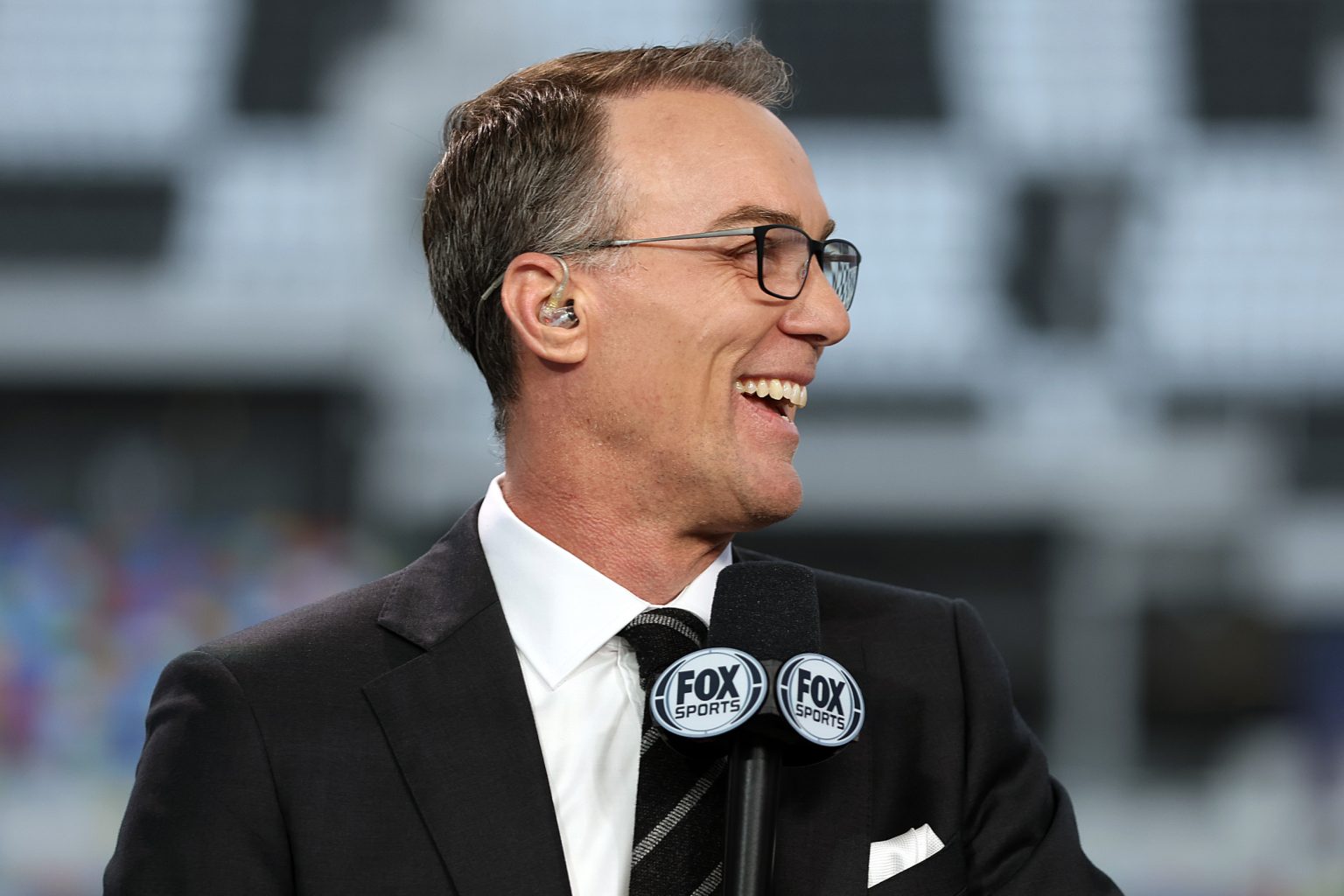The 2024 NASCAR season concluded under a cloud of controversy and legal wrangling, centered on the sport’s charter system and its implications for team ownership and competition. This system, implemented in 2016, guaranteed 36 teams entry into each Cup Series race and a share of the revenue, providing stability and a framework for team valuation. However, as the initial charter agreements approached their expiration at the end of 2024, negotiations for a new agreement stalled, leading to a bitter dispute between NASCAR and two prominent teams, 23XI Racing and Front Row Motorsports. This conflict ultimately spilled over into the courts, creating significant uncertainty about the future of the sport and the composition of the 2025 season’s grid.
The heart of the disagreement lay in the perceived inequities of the existing charter system and the terms proposed for its renewal. 23XI Racing, co-owned by NBA legend Michael Jordan and driver Denny Hamlin, and Front Row Motorsports felt the system unfairly favored established teams and limited opportunities for newer organizations to grow and compete on a level playing field. Their grievances centered on financial distributions, the process for acquiring and transferring charters, and the overall power dynamic between NASCAR and the teams. Unable to reach a satisfactory agreement with NASCAR, the two teams took the unprecedented step of filing a lawsuit against the governing body and the France family, who control NASCAR, alleging anti-competitive practices and seeking significant damages.
This legal battle cast a pall over the 2024 season’s closing races and threatened to disrupt the start of the 2025 season. Kevin Harvick, a veteran driver and respected voice within the sport, expressed his concerns about the situation on his podcast, “Harvick Happy Hour.” While acknowledging the necessity of discussing the legal proceedings, he emphasized the disruptive nature of the lawsuit and the potential for chaos if the charter issue remained unresolved. He specifically highlighted the uncertainty surrounding 23XI Racing’s and Front Row Motorsports’ participation in the 2025 season and the potential impact on the competitive landscape. The situation became further complicated by the departure of Stewart-Haas Racing from the sport at the end of 2024, leaving their charters available for acquisition.
The lawsuit, filed in North Carolina’s Western District Court, painted a stark picture of NASCAR as a monopolistic entity wielding excessive control over the sport. The plaintiffs argued that NASCAR used its power to impose unfair terms on teams, stifling competition and hindering the growth of newer organizations. They contrasted this depiction with NASCAR’s own narrative, which portrayed the charter system as a mutually beneficial arrangement that provided stability and value for all participating teams. Judge Bell, presiding over the case, acknowledged these contrasting viewpoints and emphasized the need for a thorough examination of the evidence before reaching a conclusion.
In a significant development, Judge Bell issued a preliminary injunction allowing 23XI Racing and Front Row Motorsports to participate in the 2025 season as chartered teams. The ruling also mandated that NASCAR permit these teams to purchase charters from the now-defunct Stewart-Haas Racing. This decision provided temporary relief for the disgruntled teams and paved the way for a more structured start to the 2025 season. Judge Bell, however, made it clear that the ruling did not represent a final judgment on the merits of the case and that the legal battle was far from over. He waived the requirement for the plaintiffs to post a bond, recognizing the potential harm to NASCAR if the injunction was later deemed wrongful but also reserving NASCAR’s right to seek reimbursement for any damages incurred.
The ongoing lawsuit continues to raise fundamental questions about the governance of NASCAR and the balance of power between the governing body and the teams. While the preliminary injunction provided a temporary solution, the underlying issues of competition, fairness, and the long-term viability of the charter system remain unresolved. The outcome of this legal battle will have far-reaching implications for the future of NASCAR, shaping the competitive landscape and defining the relationship between the teams and the organization that governs them. The dispute also highlights the growing pains of a sport grappling with evolving business models and the challenges of balancing tradition with the need for innovation and inclusivity.

